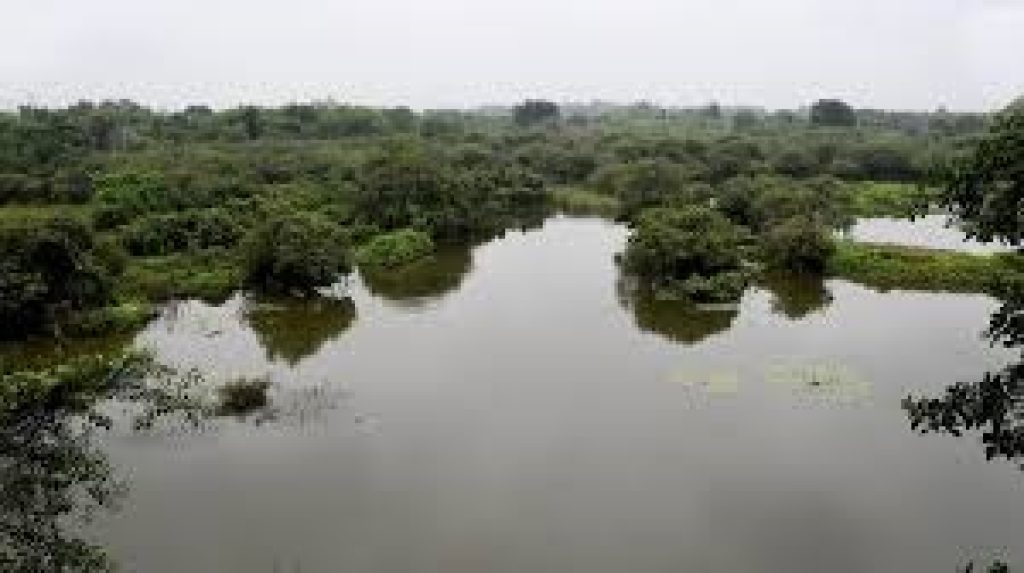Tamil Nadu Achieves Record with Highest Number of Ramsar Sites in India

Tamil Nadu has set a new benchmark in environmental conservation and biodiversity protection by securing two more Ramsar sites, thus achieving the highest number of such designated areas in the country. The recent addition of the Longwood Shola Reserve Forest in The Nilgiris and the Karaivetti Bird Sanctuary in Ariyalur has propelled the state to the forefront of ecological conservation efforts in India. With these new designations, Tamil Nadu now boasts 16 Ramsar sites, a testament to its rich biodiversity and the state government’s commitment to preserving it.
Understanding Ramsar Sites
Ramsar sites are wetlands of international importance designated under the Ramsar Convention, an international treaty for the conservation and sustainable use of wetlands. These sites are recognized for their ecological significance, biodiversity richness, and the role they play in supporting human life and environmental health.
New Additions to Tamil Nadu’s Conservation Legacy
Longwood Shola Reserve Forest: A Biodiversity Haven
The Longwood Shola Reserve Forest spans 116.07 hectares in The Nilgiris and is celebrated as an Important Bird and Biodiversity Area. This verdant reserve is home to over 700 species of flora and fauna, including 177 bird species, 14 of which are endemic to the Western Ghats. The reserve’s diverse herpetofauna, several species of which are endemic and considered threatened by the International Union for Conservation of Nature (IUCN), underscores its ecological importance. Longwood Shola not only contributes to the biodiversity of the fragile Nilgiris ecosystem but also serves as a critical water source for Kotagiri and 18 downstream villages.
Karaivetti Bird Sanctuary: A Crucial Stopover for Migratory Birds
Covering 453.7 hectares, the Karaivetti Bird Sanctuary is nestled in Ariyalur and stands as another Important Bird and Biodiversity Area in Tamil Nadu. The sanctuary is a sanctuary for over 500 species of flora and fauna and plays a pivotal role in the Central Asian Flyway, acting as a vital breeding and foraging ground for waterbirds. Its designation as a Ramsar site acknowledges its significance in avian conservation and the protection of migratory pathways.
A Commitment to Sustainable Management
Following these designations, the Tamil Nadu government, in collaboration with the Wildlife Institute of India, has embarked on preparing integrated management plans for its Ramsar sites. This initiative aims to ensure the sustainable conservation of these wetlands, safeguarding their biodiversity and ecological functions for future generations.
Tamil Nadu’s Leading Role in Wetland Conservation
The recognition of Longwood Shola and Karaivetti Bird Sanctuary as Ramsar sites is a significant achievement for Tamil Nadu. It highlights the state’s dedication to environmental stewardship and its role as a leader in the conservation of India’s natural heritage. These designations not only contribute to global biodiversity conservation efforts but also enhance the state’s ecological resilience and the well-being of its communities.
As Tamil Nadu continues to prioritize the protection of its unique ecosystems, the addition of these Ramsar sites serves as a beacon of hope for conservationists worldwide. It underscores the importance of collaborative efforts in preserving our planet’s invaluable wetlands and the myriad life forms they support.